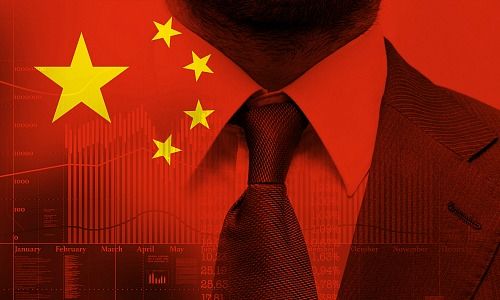Trade War: What Chinese Entrepreneurs Really Think
3. Business Footprint: Wake-Up Call

(Image: Shutterstock)
Chinese entrepreneurs, like investment banking analysts, had thought the disruption of the global supply chain would be a short-term «collateral damage». Now, it has dawned on everyone that such disruption is part of the «objectives» of the trade war.
Without fuss or fanfare, many Chinese entrepreneurs have accelerated their expansion into southeast Asia, Africa, Europe, and former Soviet republics to tap these regions as new markets and new hubs of production. If the trade war is the new normal, Chinese entrepreneurs want to be more proactive.
Also, some Chinese entrepreneurs foresee shifts in consumer tastes as people in China tighten their purse strings, and have re-jigged their branding, pricing, and distribution strategies.
4. Intellectual Property: Time for a Physical Check

(Image: Shutterstock)
The ZTE saga and the more recent Huawei story roused many Chinese entrepreneurs, who used to take imported components, licensing agreements and long-term supply contracts for granted. No more – the U.S. government is the new force majeure.
Many Chinese entrepreneurs are sitting down with their tech and operating chiefs to map out the sources, criticality, replaceability of key inputs and develop scenario-based action plans.
Also, some Chinese entrepreneurs are examining their practices in using and adapting intellectual properties to spot and mitigate any potential vulnerability.



























